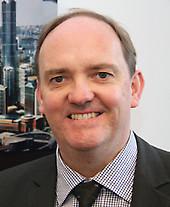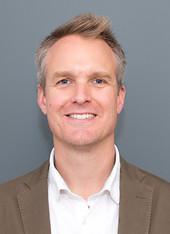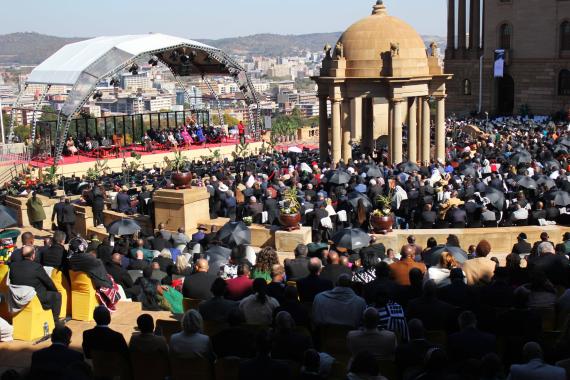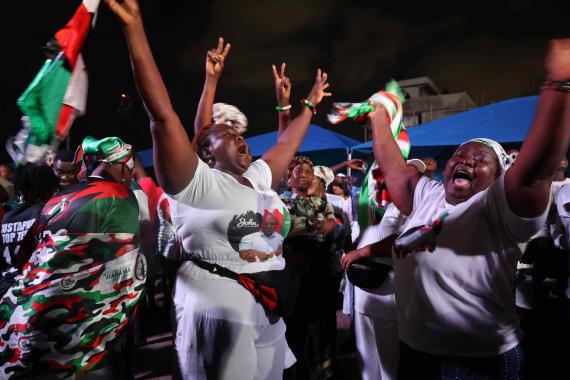Asset Publisher
Sub-Saharan Africa
Interaktive Karten
Foundation Office Democratic Republic of Congo
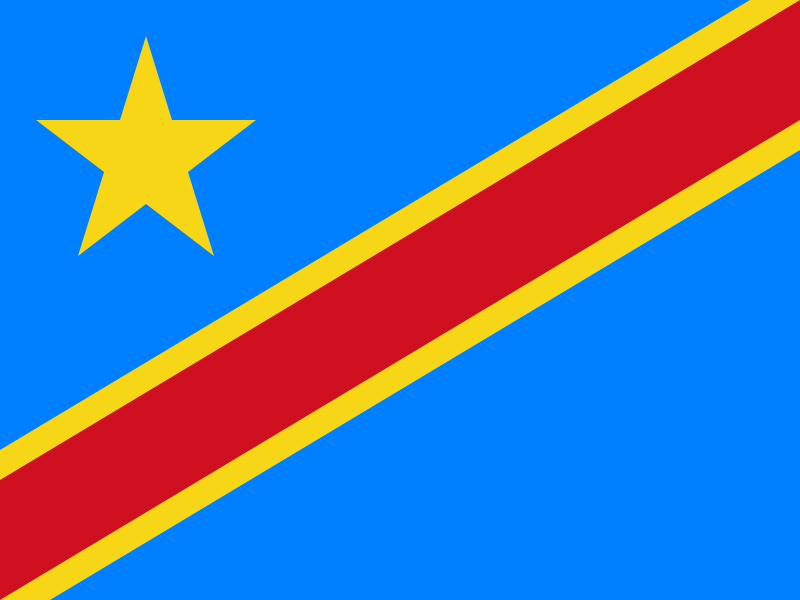
Head:
Jakob Kerstan
Based in:
Kinshasa, Democratic Republic of the Congo
Year of foundation:
1966
Main areas of work:
Democracy, rule of law, party pluralism, local politics
To the Foundation Office
Foundation Office Ethiopia / African Union
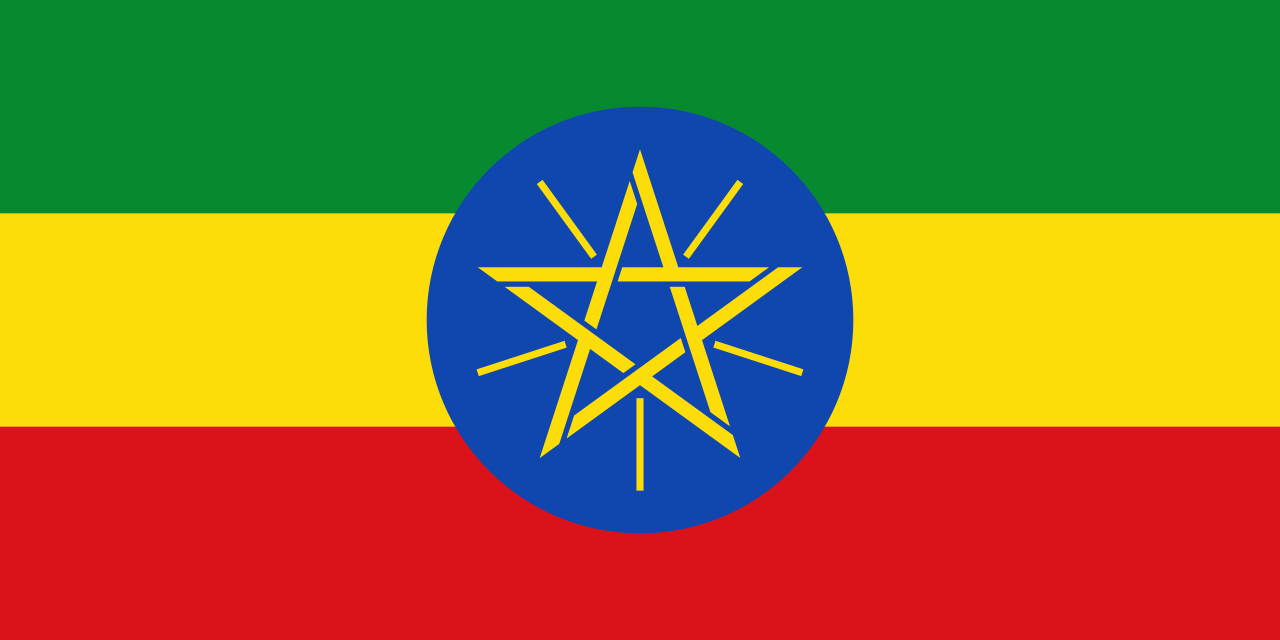
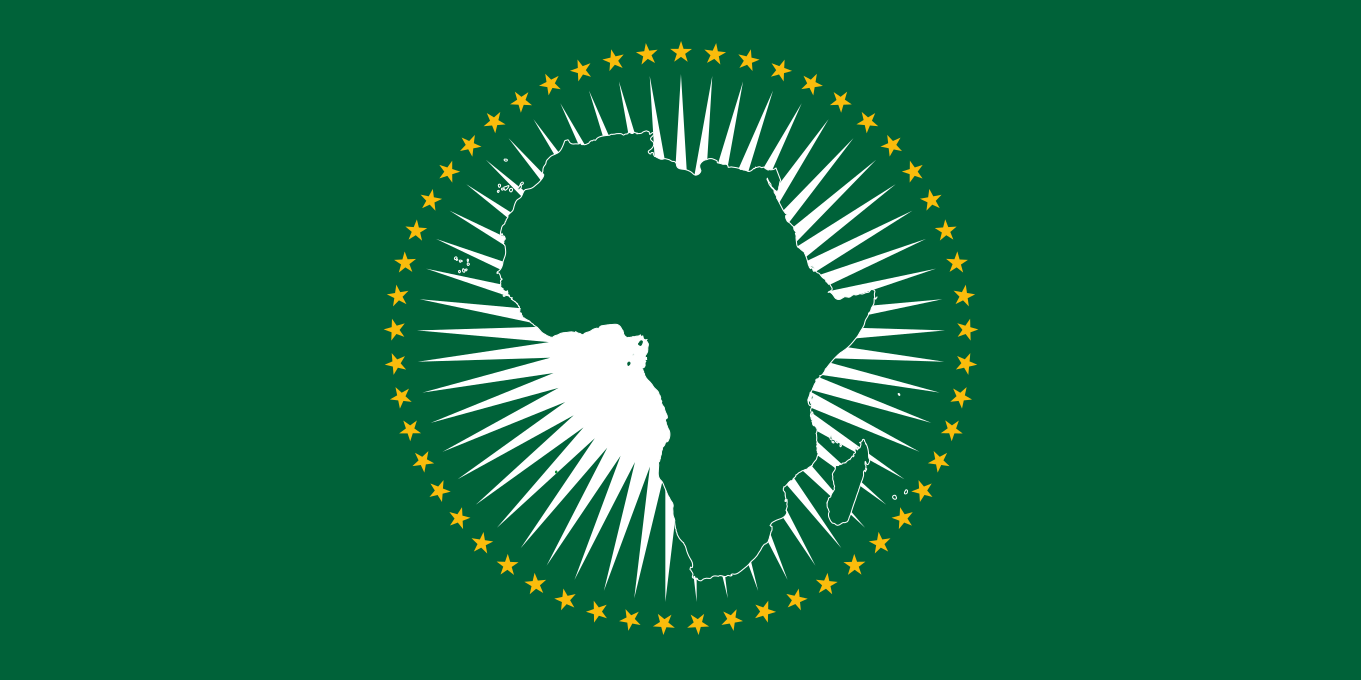
Head:
Benno Müchler
Based in:
Addis Ababa, Ethiopia
Year of foundation:
2019
Main areas of work:
Democracy, rule of law, party pluralism, local politics
To the Foundation Office
Foundation Office Ghana
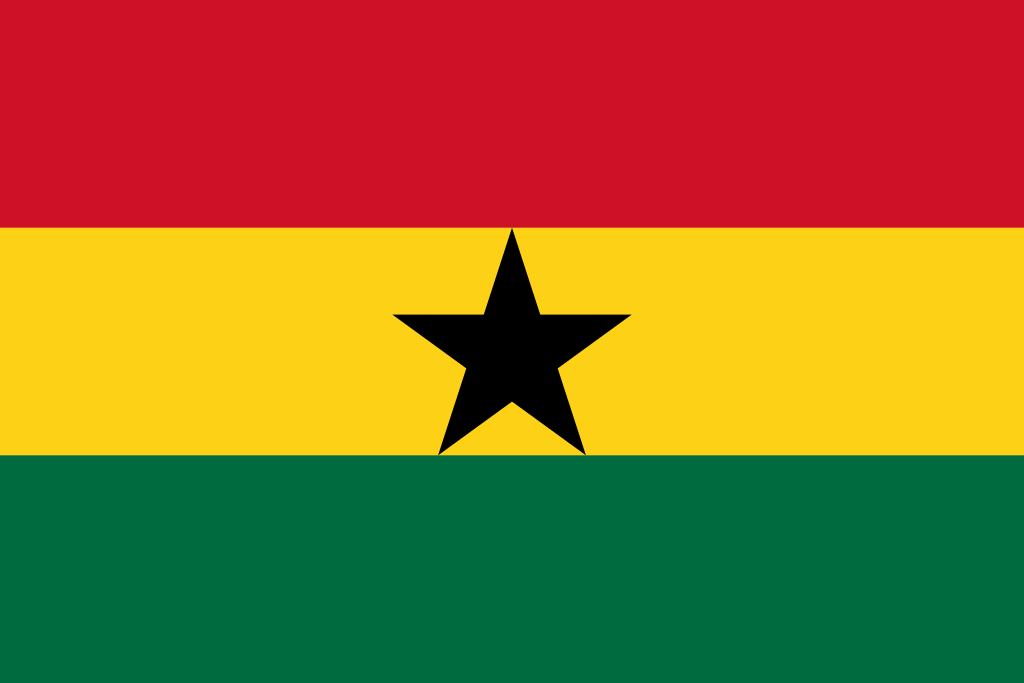
Head:
Dr. Arne Wulff
Based in:
Accra, Ghana
Year of foundation:
1966
Main areas of work:
Party cooperation, economic development and participation, strengthening traditional authorities and civil society
To the Foundation Office
Foundation Office Kenya
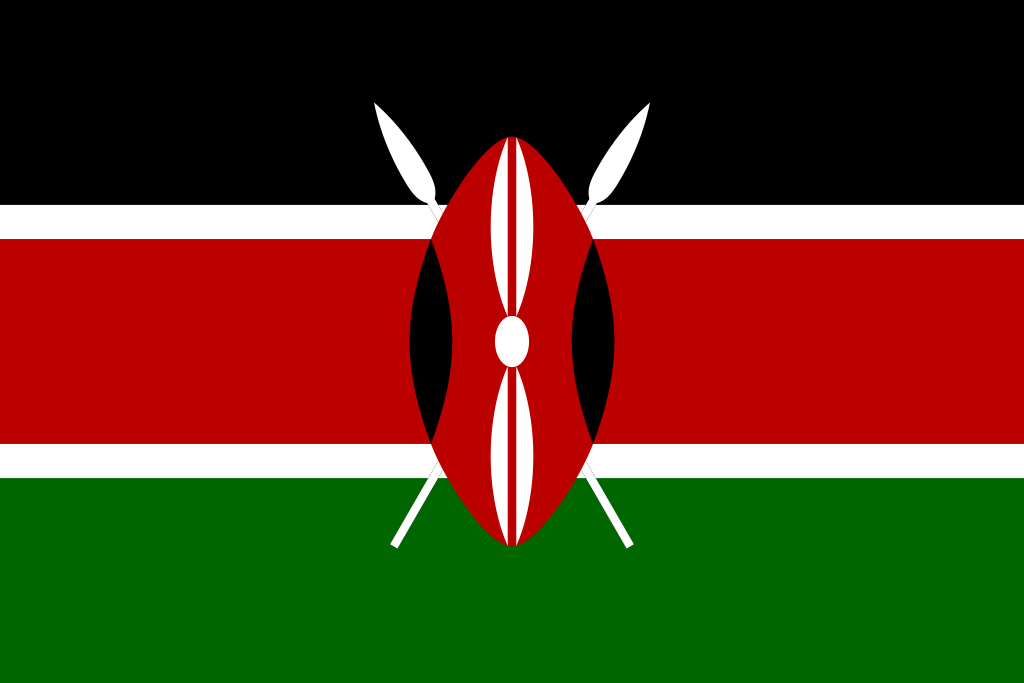
Head:
Dr. Annette Schwandner
Based in:
Nairobi, Kenya
Year of foundation:
1974
Main areas of work:
Political party dialogue, political youth work, political education, decentralisation, food security
To the Foundation Office
Foundation Office Namibia and Angola
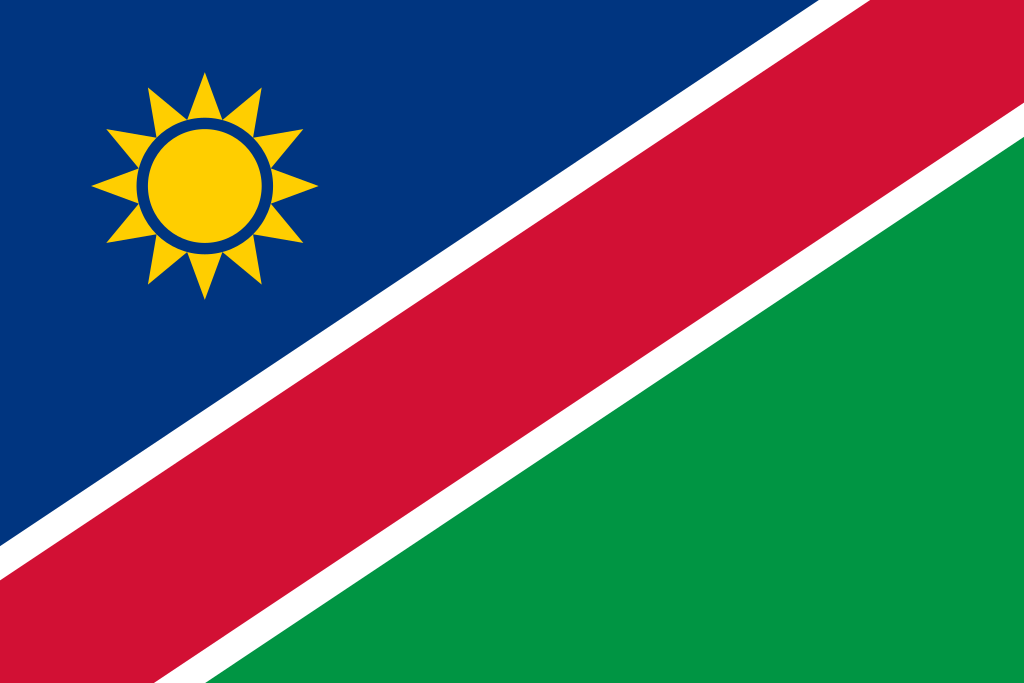
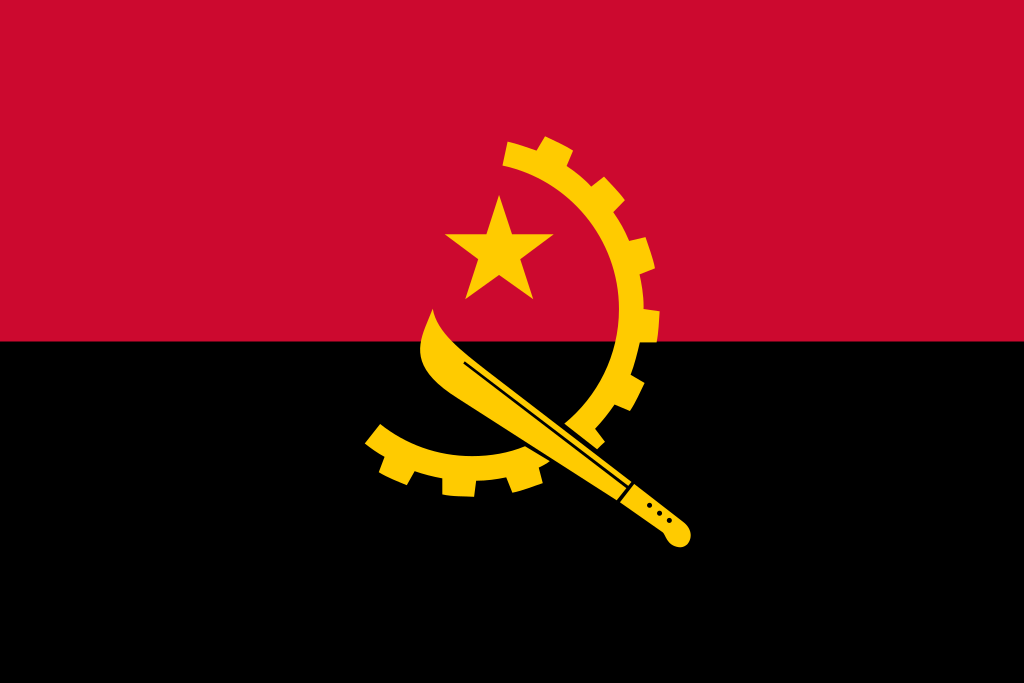
Head:
Natalie Russmann
Based in:
Windhoek, Namibia
Year of foundation:
1990
Main areas of work:
Parliamentary advice, political education, party cooperation, women's projects, civil society, measures to strengthen the economy
To the Foundation Office
Foundation Office Nigeria
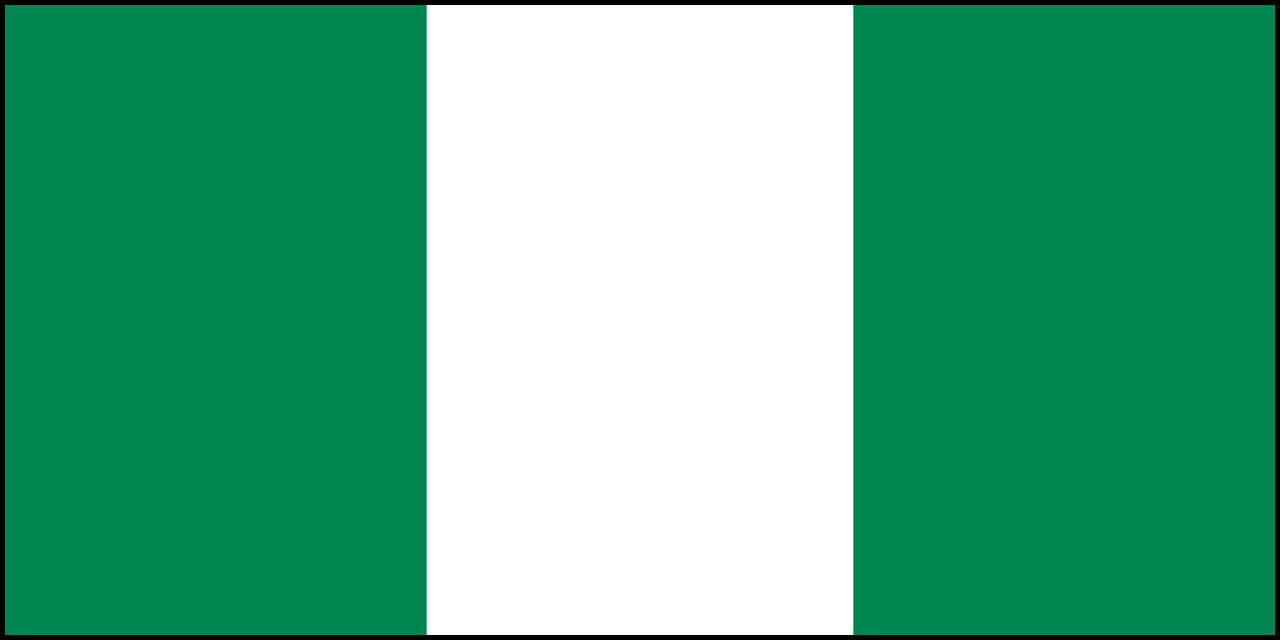
Head:
Marija Peran
Based in:
Abuja, Nigeria
Year of foundation:
2002
Main areas of work:
Democracy, rule of law, security sector reform, parliamentary cooperation, sustainable economic and social development
To the Foundation Office
Foundation Office Senegal and the Gambia
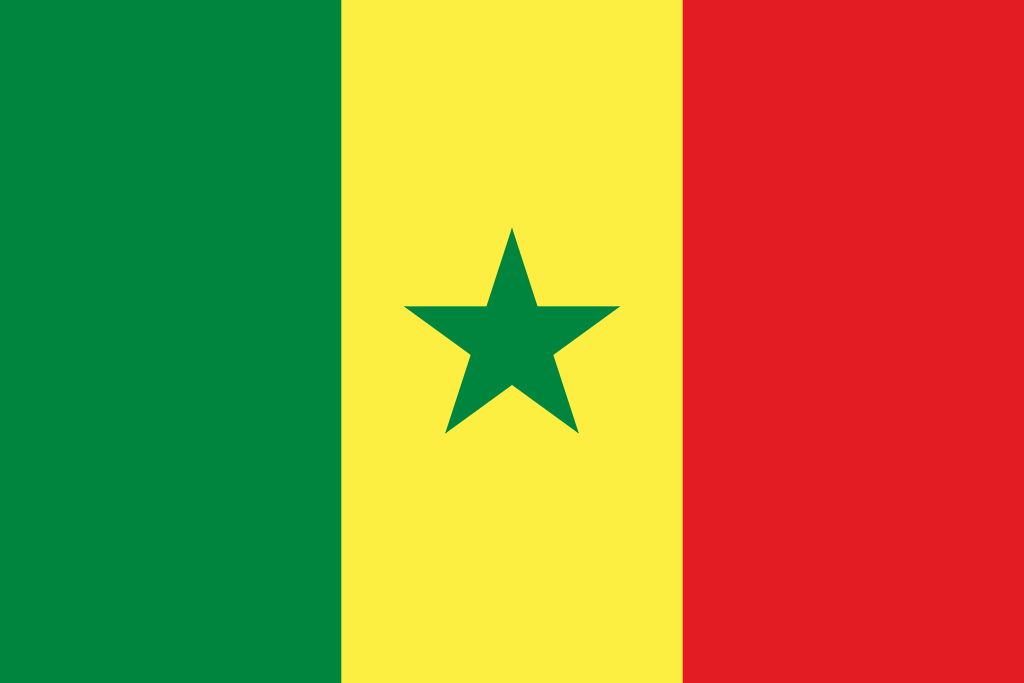
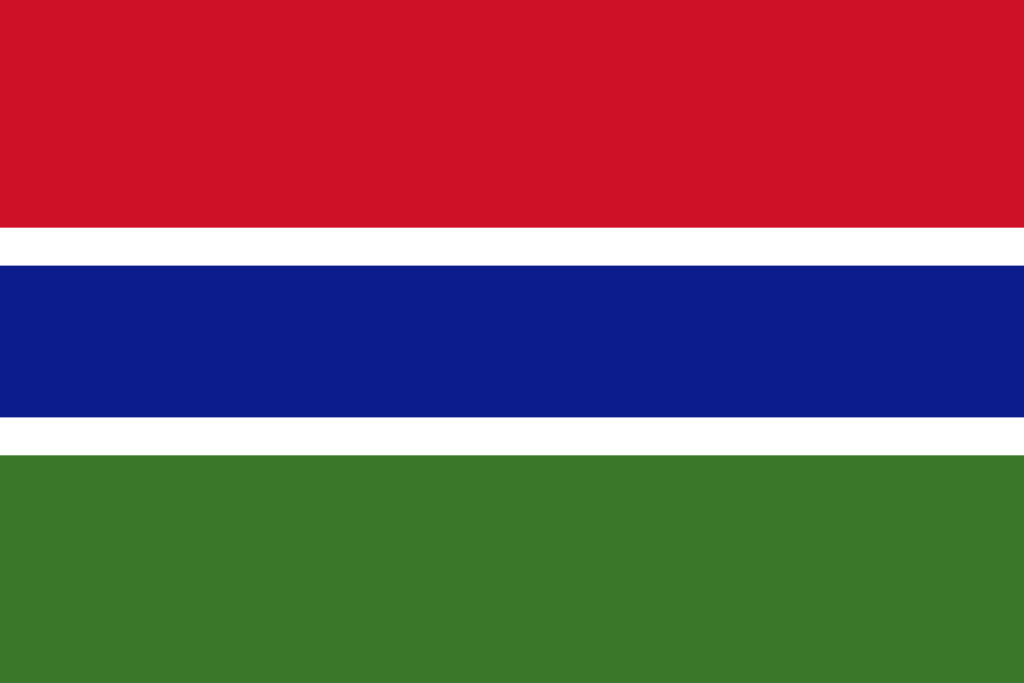
Head:
Caroline Hauptmann
Based in:
Dakar, Senegal
Year of foundation:
Main areas of work:
Decentralisation, social cohesion and inter-religious dialogue, economic development and participation, security policy
To the Foundation Office
Foundation Office South Africa (Johannesburg)
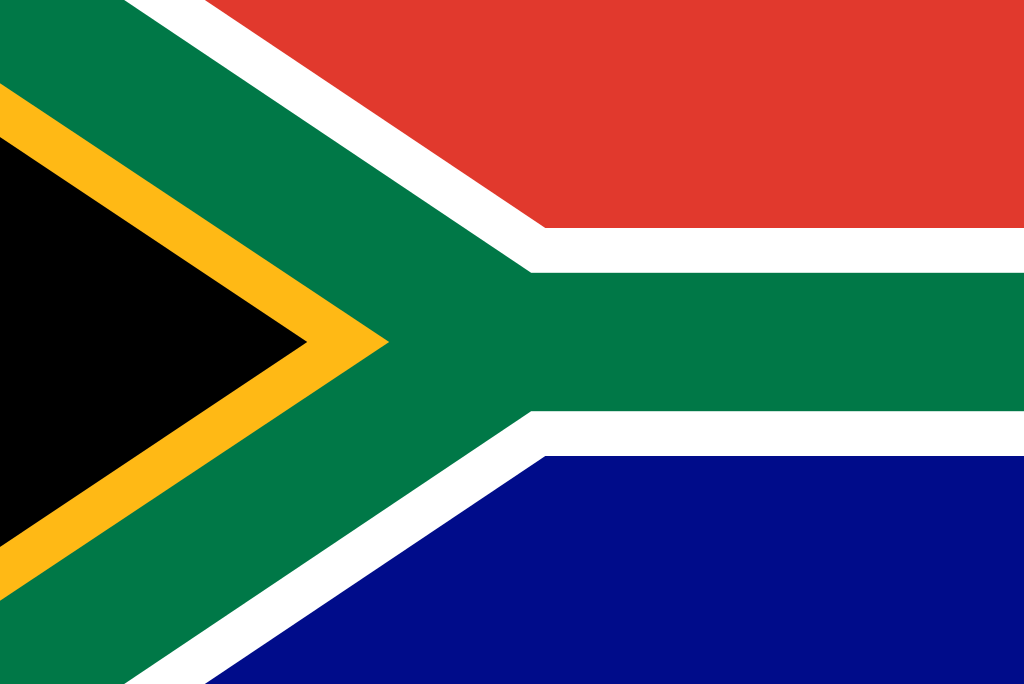
Head:
Gregor Jaecke
Based in:
Johannesburg, Republic of South Africa
Year of foundation:
1982
Main areas of work:
Multi-party democracy, political participation and social cohesion, rule of law, economic and social reforms, South Africa in international relations
To the Foundation Office
Foundation Office South Africa (Cape Town)

Head:
Gregor Jaecke
Based in:
Cape Town, Republic of South Africa
Year of foundation:
1982
Main areas of work:
Multi-party democracy, political participation and social cohesion, rule of law, economic and social reforms, South Africa in international relations
To the Foundation Office
Foundation Office Tanzania
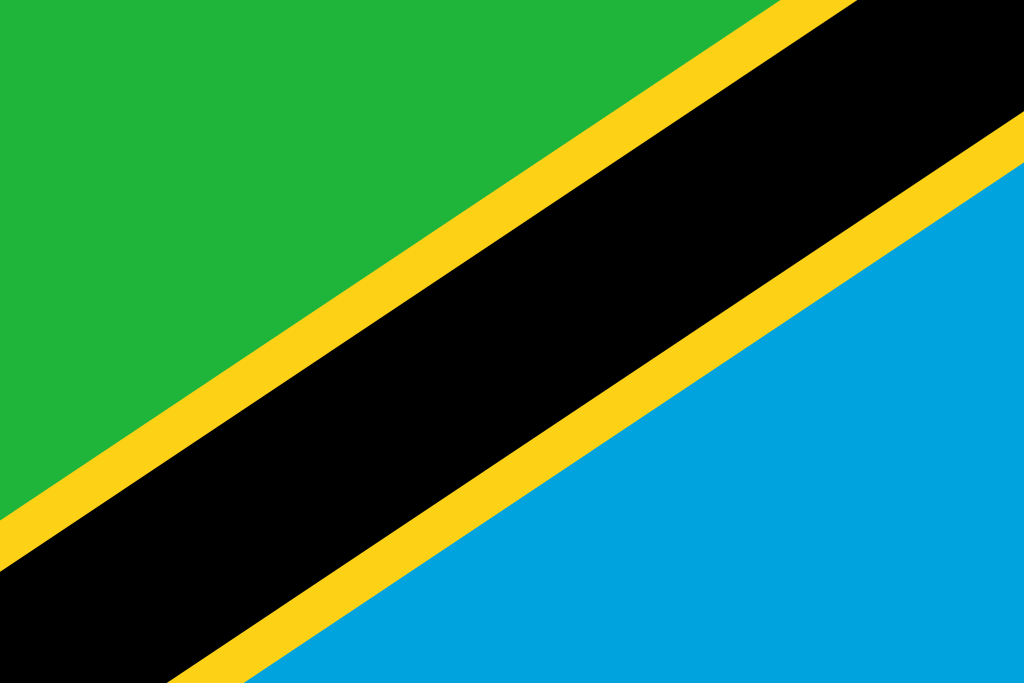
Head:
Tilmann Feltes
Based in:
Dar es Salaam, Tanzania
Year of foundation:
1961
Main areas of work:
Political party dialogue, inter-religious dialogue, political education
To the Foundation Office
Foundation Office Uganda and South Sudan
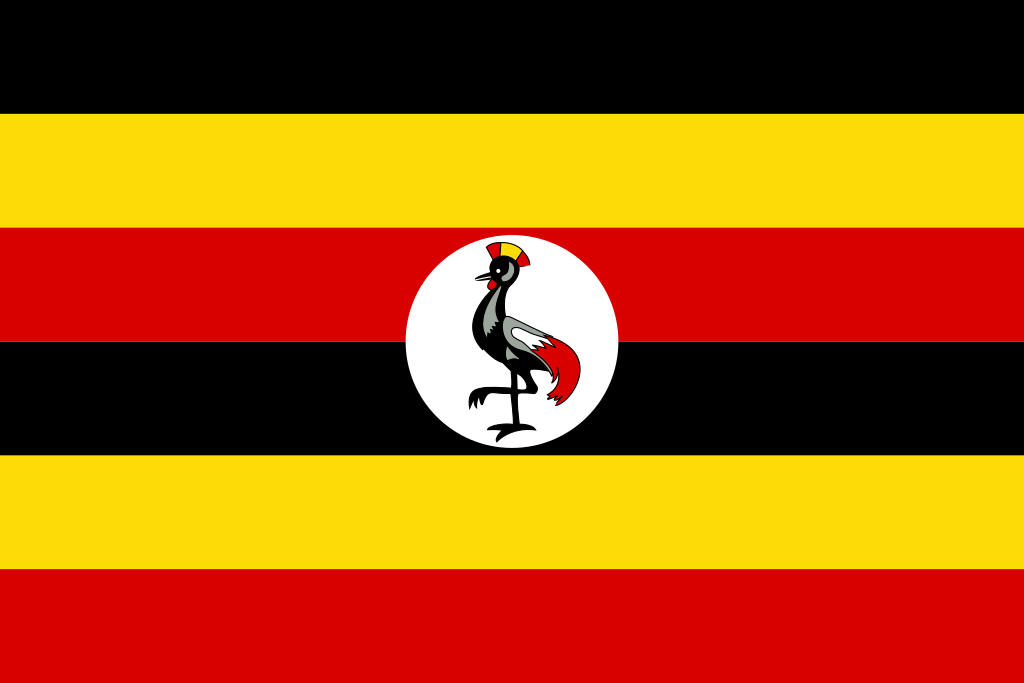
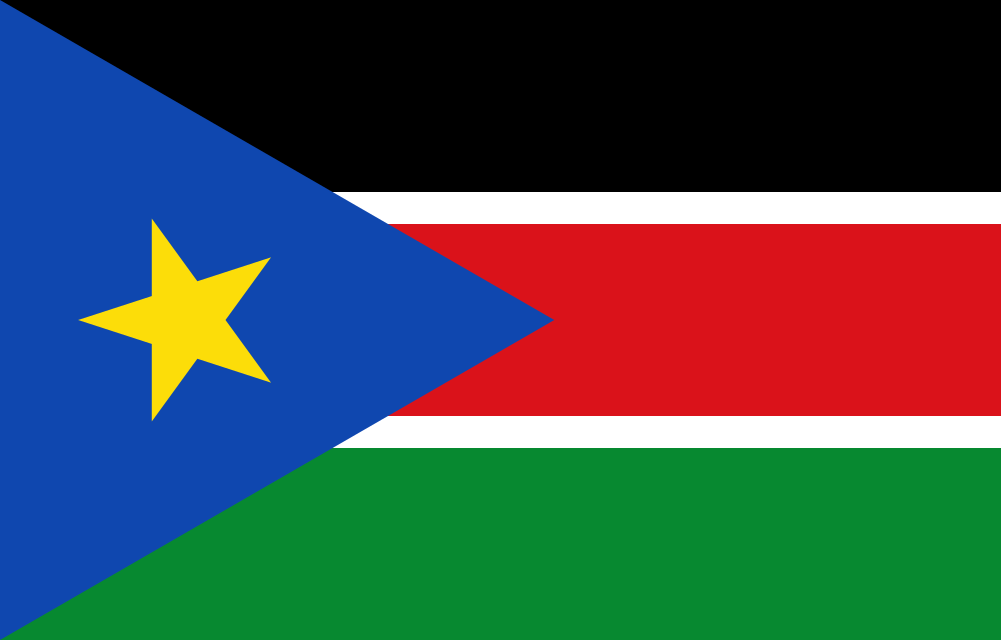
Head:
Anna Reismann
Based in:
Kampala, Uganda
Year of foundation:
1987
Main areas of work:
Strengthening democratic institutions and civil society forces, promoting political pluralism, conflict prevention, professionalising the media, economic and geopolitical dialogue
To the Foundation Office
Media Programme Sub-Saharan Africa
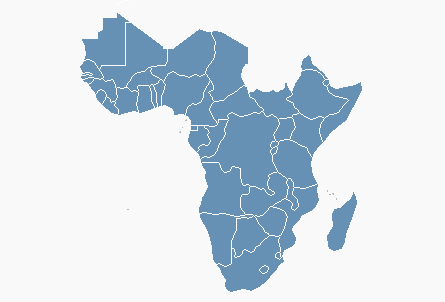
Head:
Christoph Plate
Based in:
Johannesburg, Republic of South Africa
Year of foundation:
2002
Main areas of work:
Media business models, credibility crisis, fact check
To the Regional Programme
Rule of Law Programme Sub-Saharan Africa (Nairobi)

Head:
Dr. Stefanie Rothenberger
Based in:
Nairobi, Kenya
Year of foundation:
2006
Main areas of work:
Promotion of the rule of law, separation of powers, independence of the judiciary, fight against corruption, human rights, raising awareness of the rule of law among the population
To the Regional Programme
Regional Programme Economy Africa

Head:
Anja Berretta
Based in:
Nairobi, Kenya
Year of foundation:
2025
Main areas of work:
Economy
To the Regional Programme
Regional Programme Political Dialogue in West Africa

Head:
Stefanie Brinkel
Based in:
Abidjan, Côte d’Ivoire
Year of foundation:
1992
Main areas of work:
Party and parliamentary cooperation, strengthening of West African think tanks, promotion of regional networks, civil society dialogue, economic policy
To the Regional Programme
Regional Programme Security Policy for West Africa

Head:
Roland Stein
Based in:
Abidjan, Côte d’Ivoire
Year of foundation:
2016
Main areas of work:
Democratic constitution of the armed forces, dialogue with parliamentarians, national security forces and security policy experts, conflict prevention and management
To the Regional Programme
Regional Programme Sahel

Head:
Ulf Laessing
Based in:
Bamako, Mali
Year of foundation:
2018
Main areas of work:
Regional cooperation in the Sahel region, parliaments, framework conditions for economic development
To the Regional Programme
Regional Programme Political Dialogue Sub-Saharan Africa

Head:
Dr. Holger Dix
Based in:
Johannesburg, Republic of South Africa
Year of foundation:
2021
Main areas of work:
Party and parliamentary cooperation, promotion of think tanks, promotion of young politicians, political communication
To the Regional Programme
Regional Programme Security Policy for West Africa

Head:
Nils Wörmer
Based in:
Kampala, Uganda
Year of foundation:
2022
Main areas of work:
Security policy, international relations, conflicts and civil wars, international operations, terrorism, flight and migration, impact of climate change on security in the region
To the Regional Programme
Rule of Law Programme Sub-Saharan Africa (Dakar)

Head:
Dr. Stefanie Rothenberger
Based in:
Dakar, Senegal
Year of foundation:
2006
Main areas of work:
Promotion of the rule of law, separation of powers, independence of the judiciary, fight against corruption, human rights, raising awareness of the rule of law among the population
To the Regional Programme
Asset Publisher
"The heart of every democracy beats in parliament"
Greeting from Dr Angela Merkel
YouTube, Onlinekas
The establishment of functioning democratic states is the core objective Konrad-Adenauer-Stiftung (KAS) in Sub-Saharan Africa. To work towards this goal, KAS has 20 offices across Sub-Saharan Africa. A detailed overview of where we are is provided in the right column.
Twitter posts of the Sub-Saharan Africa Department
Twitter, @KAS_africa
Our Regional Programs in Sub-Saharan Africa work on these focus themes:
Rule of law
The objective of the Rule of Law Program for Sub-Saharan Africa is to help develop and strengthen effective legal systems in line with international law. In this regard, KAS focusses on the independence of the judiciary, constitutionalism, human rights, democracy and regional integration.
Media & political communication
The Media Program for Sub-Saharan Africa is part of the global media programs of KAS. Its activities are focused on democracy promotion and political communication. Its regional orientation strengthens the exchange between media professionals in Africa. Here our practical work is geared toward socio-political information and watchdog role, shaping an independent and pluralistic media landscape and value-centered political communication.
Security Policy Activities
The Security Policy Dialogue in Sub-Saharan Africa (SIPODI) cooperates with parliamentarians, security forces and experts. An environment is created in which political decision-makers and young civil elites can enter into dialogue with the military and jointly pursue the goal of a democratic constitution of the armed forces.
Energy security and climate change
The regional program Energy Security and Climate Change based in Yaoundé, Cameroon, aims to improve the political and social framework conditions for a sustainable climate and energy policy. The program works together with selected decision-makers and multipliers from politics, business, science and civil society.
Political Dialogue West Africa
The main task of the regional program Political Dialogue West Africa (PDWA) is to promote democratic institutions and processes, especially in Côte d'Ivoire, Benin and Togo, but also beyond. The program works with local institutions and organizations from government, legislature and civil society and provides them with financial support and advice on the implementation of educational programs, conferences, workshops or the development of strategic concepts.
Food security
Food security is a key issue in Sub-Saharan Africa. Due to global warming, economic and political crises and rapid population growth, several African countries are affected by food shortages, leading to continued malnutrition, growth retardation and infant mortality (FAO, 2018). In order to contribute to food security, KAS focuses on crisis prevention within the framework of the initiative "A World without Hunger" by promoting stable administrative structures in the field of food security. KAS is active in Kenya, the DR Congo and in the Sahel border region of Mali, Niger and Burkina Faso. On the other hand, in Benin, Burkina Faso and Togo, Namibia, Malawi and Zimbabwe, KAS supports the strengthening of women's land ownership and land use rights.
Economy
Over the past 10-15 years, African countries have experienced sustained economic growth, sometimes at very high rates. However, the rapidly growing population, the strong dependence on raw material exports and the limited domestic value chain make the economy vulnerable to economic crises. In order to counteract these, KAS works with local partners and the German Chambers of Commerce.
Our Country Programmes in Sub-Saharan Africa
The priorities in the country programs are tailored to the respective host country and its needs – because the success of our work depends on acceptance by and cooperation with our partners in Africa.
West Africa
The political framework conditions in Western Africa cannot be generalized due to the very different starting positions and development paths; here a differentiation is needed in order to draw an accurate picture of the current situation in the region. The G5 countries (Mali, Niger, Mauritania, Chad and Burkina Faso) face considerable challenges, particularly in the area of security. The work of the KAS’ Sahel regional program focuses on the promotion of democracy, the rule of law and political pluralism, the participation of civil society, the promotion of cooperation in the Sahel region, as well as order and security policy.
Nigeria, too, faces a multitude of security and socio-political challenges, such as economic problems, corruption, poverty and above all the conflict with the Islamist group Boko Haram in the northeast, as well as the continuing dissatisfaction of the population and attacks by militant groups in the extreme south of the country. The Nigeria country program is designed to contribute to improving the situation by implementing and advancing the German Foreign Office-funded security sector reform together with political decision-makers, representatives of Nigerian security agencies, representatives of the judiciary, ministries, authorities and civil society. In addition, within the framework of the activities supported by BMZ funds, the most important task of the Foundation's work in Nigeria is to communicate and promote democratic values and processes as well as the rule of law and subsidiarity.
In addition, very different framework conditions can be observed in Benin, Togo and Côte d'Ivoire, which are among the three countries covered by the regional program Political Dialogue West Africa (PDWA). Benin, which was long regarded as an anchor of stability in the region, is currently facing a political crisis. In Togo, too, the political crisis cannot yet be described as over. The domestic political situation on Côte d'Ivoire is also not without challenges at the moment. After the collapse of the grand coalition last year, the local elections at the end of 2018 saw not only irregularities in the ballot but also deaths in politically motivated violent clashes.
In a regional comparison, Ghana can score with a stable economic situation. However, there are challenges in this context in the area of vocational training and the creation of jobs for the predominantly young population. Here, the international office supports young entrepreneurs and start-ups by establishing nationwide networks and hubs.
In Senegal, President Macky Sall was re-confirmed in the first round of elections in February 2019 with 58 percent of the votes in office. The aim of the KAS's engagement in Senegal is to strengthen and consolidate the development of democracy and decentralization. Democratic and market-economy structures are to be strengthened and the political framework conditions influenced accordingly. In neighboring Gambia, after 22 years of autocratic rule, a profound democratization process has been underway since January 2017. Since 2018, KAS has been the first German political foundation to support the democratic stabilization of the country with local measures.
Central Africa
Cameroon is divided on the domestic political front; violence and conflicts are present in all geographical parts of the country. The regional program Energy Security and Climate Change, based in Yaoundé, aims to improve the framework conditions for a sustainable climate and energy policy on the continent most severely affected by the consequences of climate change worldwide.
The current domestic political situation in the Democratic Republic of Congo (DRC) is dominated by the past presidential, parliamentary and provincial elections, which took place simultaneously on 30 December 2018 with a delay of two years. The three-fold postponement of the election date in the young post-conflict state, which first held free elections in 2006, brought Africa's second-largest country into a serious constitutional crisis. In line with the country's problems, the KAS's work focuses on strengthening democratic structures and the rule of law, strengthening the participation of civil society groups and women in political decision-making processes, cooperation with democratic parties and national security forces.
East Africa
In Uganda, due to the challenges posed by democratic politics, the KAS is mainly concerned with consolidating political pluralism and the democratic rule of law, strengthening the participation of civil society, and performing social guardian, mediation, and policy-making functions on the part of civil society organizations. A special focus of our work here is on youth in the country. We also focus on the promotion of principles of the social market economy and the strengthening of institutions and actors with a leading regulatory function for the social market economy.
In Tanzania, a clear regression of democratic development can be observed in recent years. The main concern of the KAS in Tanzania therefore continues to be to contribute to the establishment of a functioning democratic state. This includes developing a functioning multi-party system, strengthening the legislative branch vis-à-vis the executive branch, promoting decentralized structures, local political decision-making and transparent procedures based on the rule of law. Another focus is on political education to educate the population, especially women and young people, about their democratic rights.
In Kenya, in March 2018, President Kenyatta and opposition leader Raila Odinga reached an agreement known as the "handshake", which ended the blockade after the presidential elections in 2017. The KAS's work in Kenya focuses on the promotion and consolidation of democracy, the decentralization process initiated by the new constitution, the strengthening of civil society and the promotion of the social market economy.
Southern Africa
Examples of democratic renewal can be found in southern Africa. Presidents or dictators who ruled for decades were forced to resign along with their patronage networks in order to make room for democratic reforms (e.g. in Angola, Zimbabwe, South Africa). Especially in connection with the "election year 2019" with presidential and parliamentary elections in South Africa, Namibia, Botswana, Mozambique and Malawi, new starting points for the work of the KAS arise. In Zimbabwe, the political and economic situation remains volatile in the second year after the fall of Mugabe. Nevertheless, KAS country office makes use of the new political space in order to carry out political education work with new cooperation partners, e.g. the media. In addition, measures in the area of the social market economy are increasingly being implemented.
Although the political situation in Namibia is largely stable, the economic situation is stagnant with high unemployment and social inequality. The work of the KAS focuses on the one hand on the area of parliamentary cooperation and on the other hand on the promotion of women. Another focus is on regional integration.
South Africa is regarded in many respects as the engine for the African region. It is precisely for this reason that it is important to promote regional networking in order to be able to deal efficiently with transnational issues. Our work focuses on
- Strengthening Parliament and creating a pluralistic multiparty system
- Promoting the rule of law and good governance (incl. anti-corruption, transparency and accountability measures)
- Strengthening civil society and activating political participation
- Fostering international policy with a focus on the role of South Africa on the African continent
- Promoting the role model of Social Market Economy, economic reforms and sustainability
Asset Publisher
Selected projects of our department
Exclusive and selected projects of our department (possibly in cooperation with other departments or external partners) are presented in the following overview.
Asset Publisher
Topic pages of the Konrad-Adenauer-Stiftung
We are significantly involved in the following KAS-wide thematic pages. Here you will regularly find various contributions (including publications and events) from our department.
Asset Publisher
Asset Publisher
Asset Publisher
Publications on this topic
 IMAGO / Kyodo News
IMAGO / Kyodo News
South Africa’s G20 Presidency
A Signal for Multilateralism
-
Gregor Jaecke, Dr. Christoph Wiedenroth
-
December 1, 2025
-
Country reports
 IMAGO / sepp spiegl (Montage)
IMAGO / sepp spiegl (Montage)
Kenya mourns Raila Odinga
What does his death mean for political developments in Kenya?
-
Mathias Kamp, Eva-Maria Okot
-
October 20, 2025
-
Country reports
 IMAGO / Dreamstime
IMAGO / Dreamstime
Power in Progress
Enhancing Female Leadership in Governance Processes in Kenya
-
Chiara Altmann
-
August 22, 2025
-
Country reports
 IMAGO / Le Pictorium
IMAGO / Le Pictorium
Chad under stress test
Between the Sudan crisis, Russia's courtship and the division of the elite
-
Ulf Laessing
-
July 15, 2025
-
Country reports
 IMAGO / Brazil Photo Press
IMAGO / Brazil Photo Press
South Africa and BRICS+
Foreign policy strategies and economic interests in the BRICS+ area of conflict
-
Gregor Jaecke, Dr. Christoph Wiedenroth
-
July 8, 2025
-
Country reports
 IMAGO / ZUMA Press Wire
IMAGO / ZUMA Press Wire
The US strategy in West Africa under Trump
America Engaged or America First?
-
Dr. Tobias Rüttershoff, Ulf Laessing
-
June 12, 2025
-
Country reports
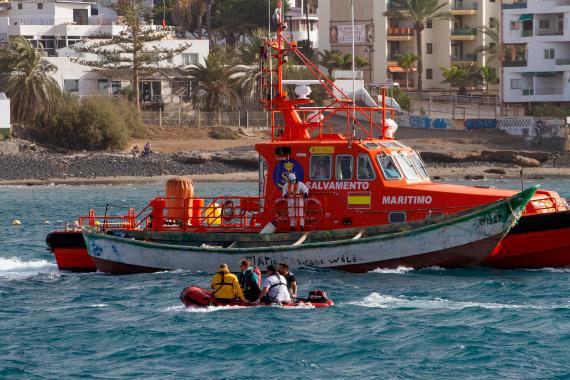 IMAGO / Pacific Press Agency
IMAGO / Pacific Press Agency
Mali conflict
Mauritania becomes a refuge and main transit country to the European Union
-
Ulf Laessing
-
April 1, 2025
-
Country reports
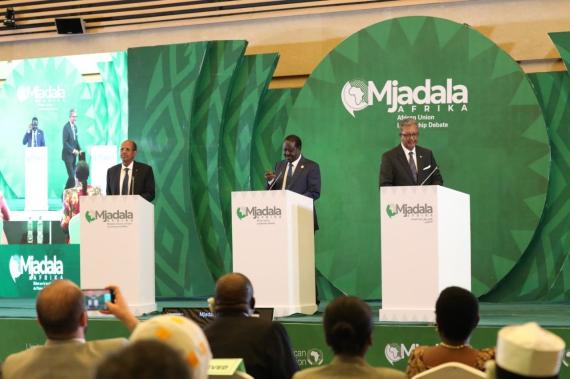 Addisou Deresse
Addisou Deresse
From Paralysis to Progress? Who will be the new face of the African Union?
A portrait of the candidates for the chairmanship of the AU Commission
-
Lukas Kupfernagel, Martino Faccenda
-
February 11, 2025
-
Country reports
Asset Publisher
Media library
Escalation in eastern Congo: what happens next?
The Congo conflict escalates: Rebels capture Goma and threaten Kinshasa. Political scientist Jakob Kerstan analyzes the background and the role of Rwanda in the podcast.

The MK Party Phenomenon: Investigating the explosive debut of South Africa’s third largest party
The 2024 election saw the sudden rise of the uMkhonto weSizwe Party (MKP), led by former President Jacob Zuma, becoming a major political player, especially in KwaZulu-Natal and Mpu...
Read now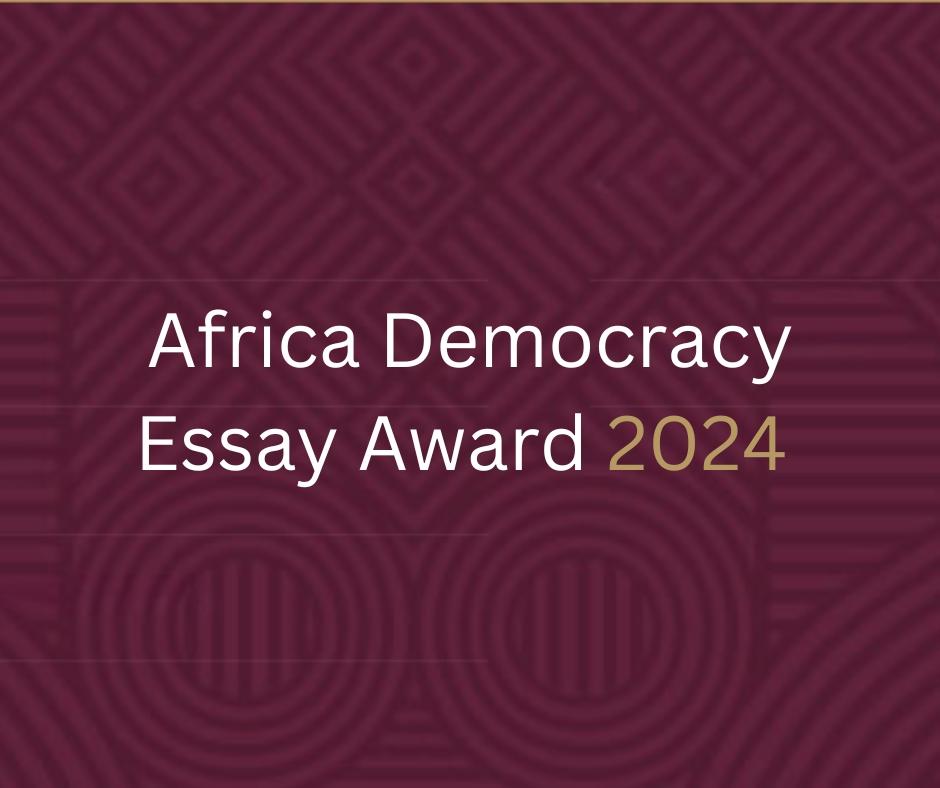
African Democracy Essay Award 2024: 2nd place
We celebrate the work of our partner Centre for Research on Democracy (CREDO) at Stellenbosch University as they uncover and develop new writers.
Read now
African Democracy Essay Award 2024: 3rd place
We celebrate the work of our partner Centre for Research on Democracy (CREDO) at Stellenbosch University as they uncover and develop new writers.
Read now



